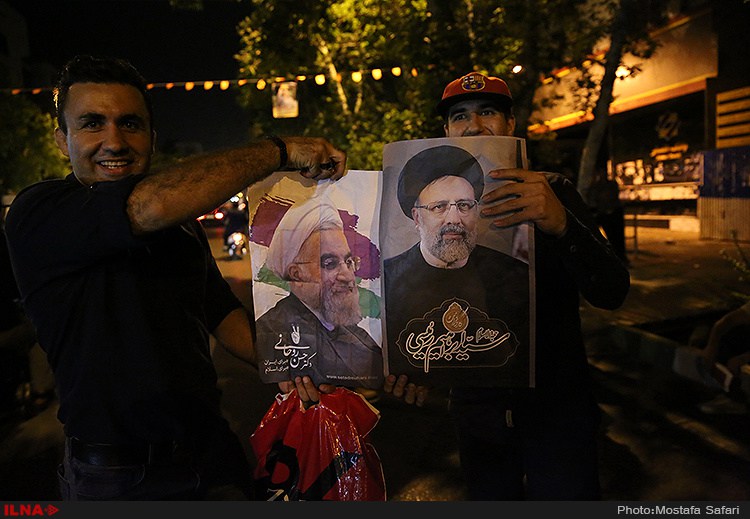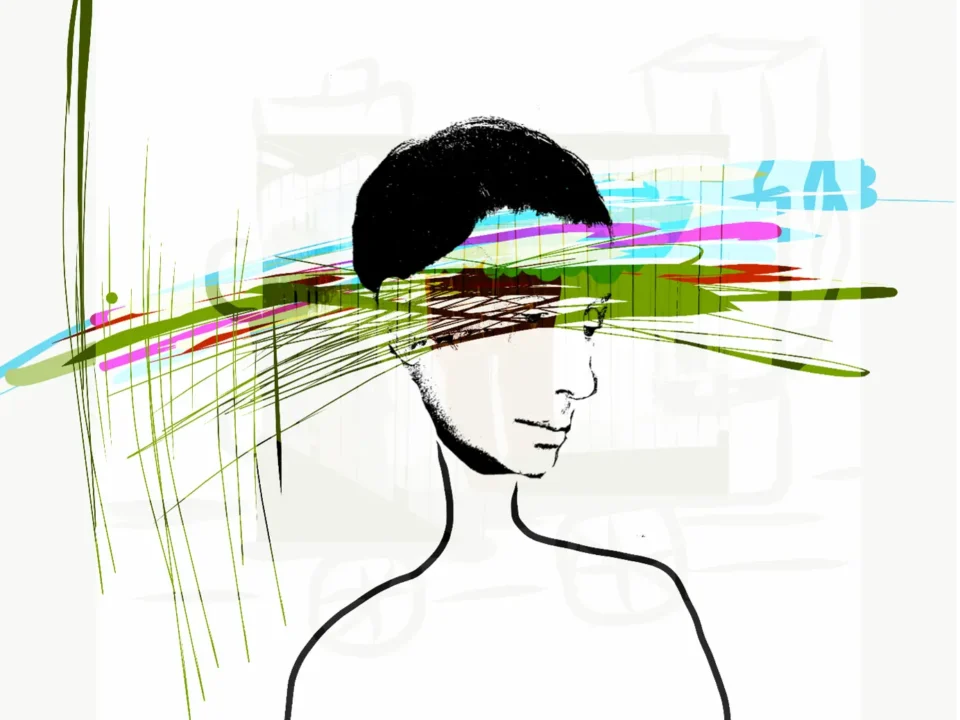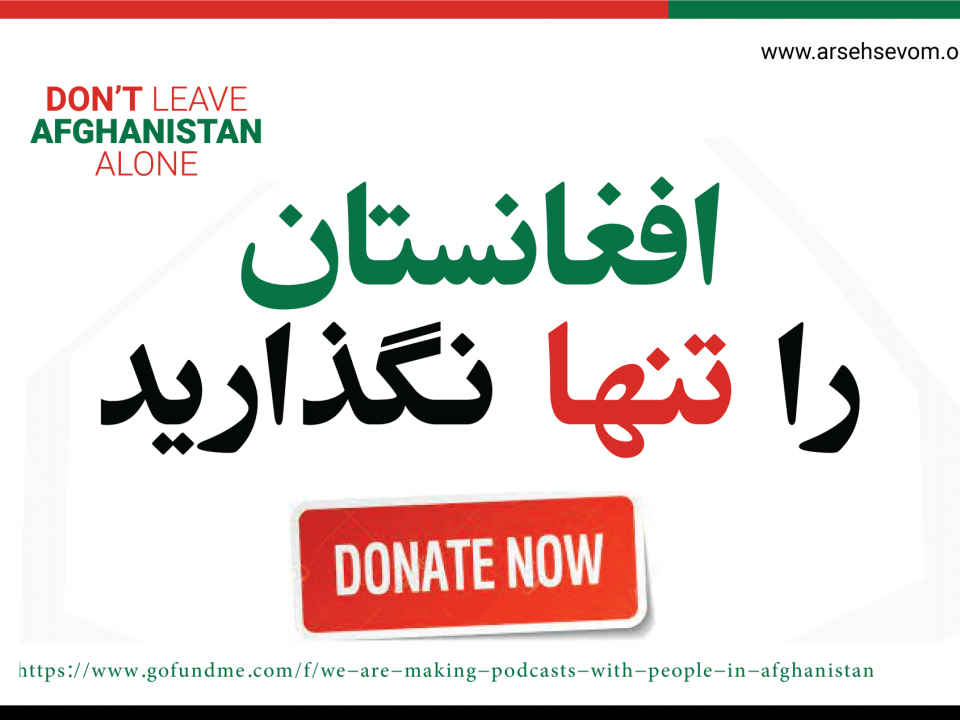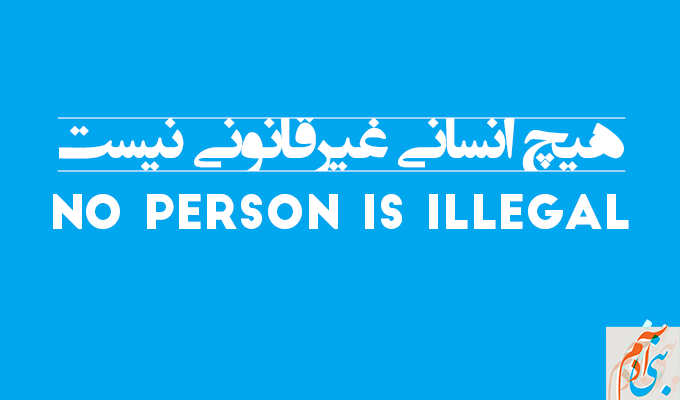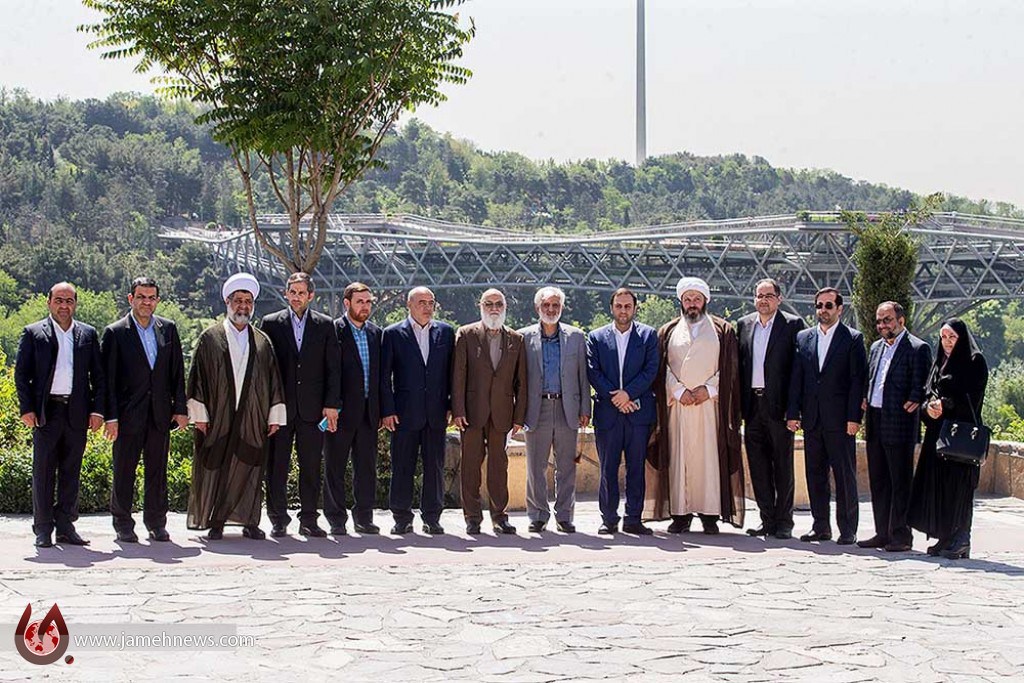
Where in the world are Iran’s women candidates?
July 10, 2017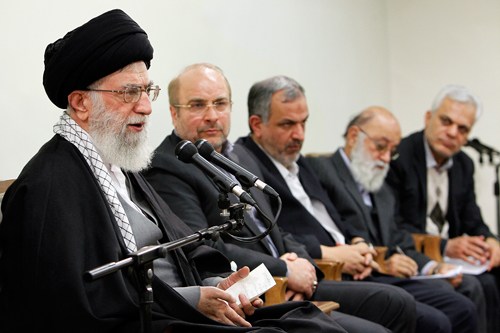
Iran’s City Councils and Power
August 1, 2017Dar Sahn–When candidates Mohammad-Bagher Ghalibaf and Es’hagh Jahangiri withdrew from Iran’s presidential race, the election became a polarized, two-man race between Hassan Rohani and Ebrahim Raisi. This guaranteed a result in the first round. In addition, the stark division between the two candidates overshadowed local city council elections.
The local and presidential elections took place simultaneously. The two elections affected each other. Political and civil society organizations supported their favored presidential candidates and worked to achieve the goals of those candidates at the local level in the city council elections. This led to a polarized atmosphere without room for negotiation and compromise.
City council candidates and presidential candidates
For the first time, city council elections were held on the same day as presidential elections. This was done with the idea of increasing voter participation at the local level. During the 11th presidential election in 2013, more than 36 million people participated in the election. The official statistics claimed that this represented 73% of the eligible voters. Five million fewer voters participated in the local elections for a total of 62% of eligible voters.
The presidential election was seen as an opportunity to increase the participation in local city council elections, especially in small towns and villages with fewer candidates standing for the city council elections. Local candidates not only campaign for themselves, they promote their favorite presidential candidates as well. When their campaign budgets allow, city council candidates can influence the election of their favored candidates at the presidential level as well.
Unfortunately in Iran, security units as well as the military interfere in elections by using a variety of tactics to press for the election of their preferred candidates. In this atmosphere, many city council candidates effectively become promotional agents for certain parties or candidates.
Politicizing the city council elections
In Iran, as the presidential and the city councils elections take place at the same time, many of the candidates for the city councils became quite politicized.
The recent presidential election became polarized. The main two candidates belonged to two different affiliations. As a result, the city council candidates were pressured to publicly announce support for one candidate over the other. The city councils basically work between the people and the government, yet because of the two-man race, they had to take a side. If the situation had been different maybe the city council candidates could have compromised over local issues.
Eligible voters normally need to consider the experience and the capacity of the candidates, but in the polarized atmosphere the political affiliation of the candidate became more important. This was the case, even when that affiliation was not necessarily best for local interests.
Weakness of politicized city councils
When we take a look at the content of Persian news sources in the context of the recent presidential election in Iran, it is quite obvious that it was hugely affected by the presidential election. The same situation can be seen in Iran’s popular Telegram channels. Most reports of city council elections reflected the candidates’ opinion in the big cities and the coverage has been mostly done from a political angle, not social or civil society issues.
Because of the dominance of the presidential elections, the reporting on local candidates fell under the umbrella of the national race. Presidential campaigning, with its pizzazz and and heated debates, detracted from the media attention to the views and abilities of local candidates for city council. There was little interest in understanding and reporting on the platforms of the local candidates. In this atmosphere, local elections faded into the background, absorbed by the dazzle of the national campaign.
Is there a solution?
Perhaps the only way to recognize the real value and importance of the city council elections is to move the vote to another date. Having presidential and local elections on the same date may serve the government’s aim to increase participation. But it does this at the cost of real engagement at the local level, reducing the participation of people in their local affairs.
This was the first year that city council elections were held on the same day as presidential elections. The Islamic Republic of Iran’s first and second city council elections occurred in 1998 and 2002. In 1998, more than 64% of eligible voters participated in the election. In 2002, participation shrank to around 50% due to the general political atmosphere.
The third city councils elections and the election for the Assembly of Experts took place on the same date. There does not seem to be any evidence that the city council elections were at all affected by the latter. Around 65% of eligible voters participated in the city council elections at that time. However, the 4th city councils election was totally overshadowed by the presidential election. Nearly 63% of the eligible voters participated in that election.
The city council elections should be organized separately from the presidential election. This is the best way to ensure that there is attention for local issues. It may be the only way to ensure that issues important for the health of civil society are given appropriate attention. By focusing solely on city council elections, candidates will be forced to elaborate their plans and ideas clearly, without the distraction of presidential party politics. This will also ensure that voters have more time to consider the issues more thoroughly and make decisions that benefit their locality.
Having a democratic system is not possible without the strong presence of voters in the elections. The election is a sign of democracy, but not the only sign. The city council elections should be taken seriously and promoted continuously. In this way, people will gradually pay more attention to local issues. This process will increase the participation in the election as well.
Translated from the Persian:
http://www.darsahn.org/1396/02/27/shoraha-zir-saye-doghotbi-reais-jomhori/


